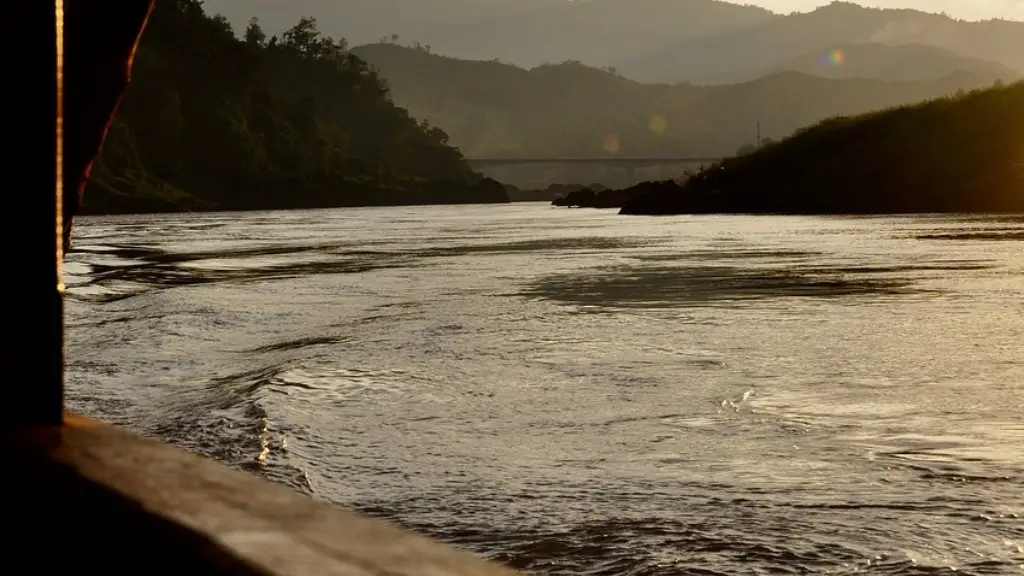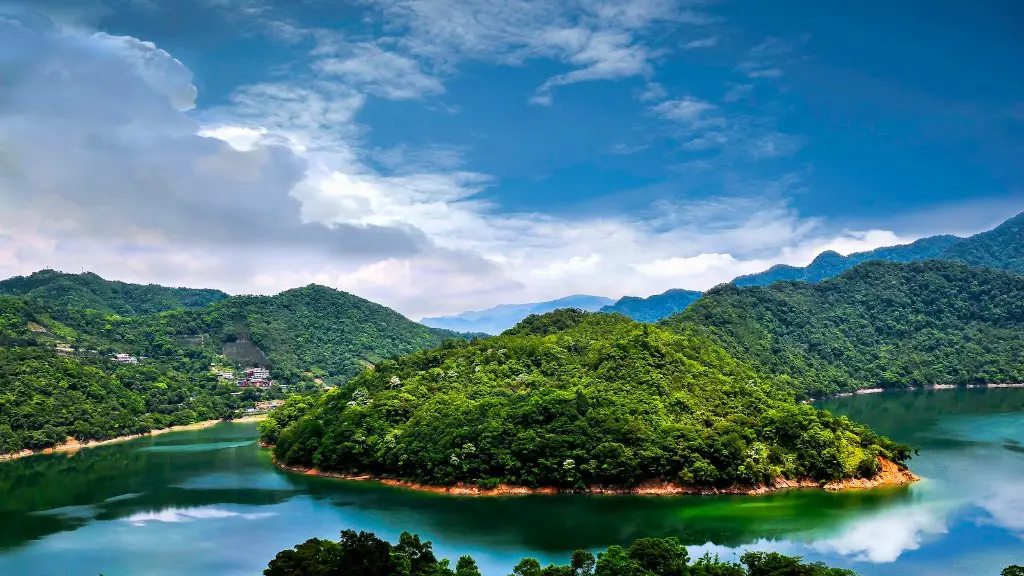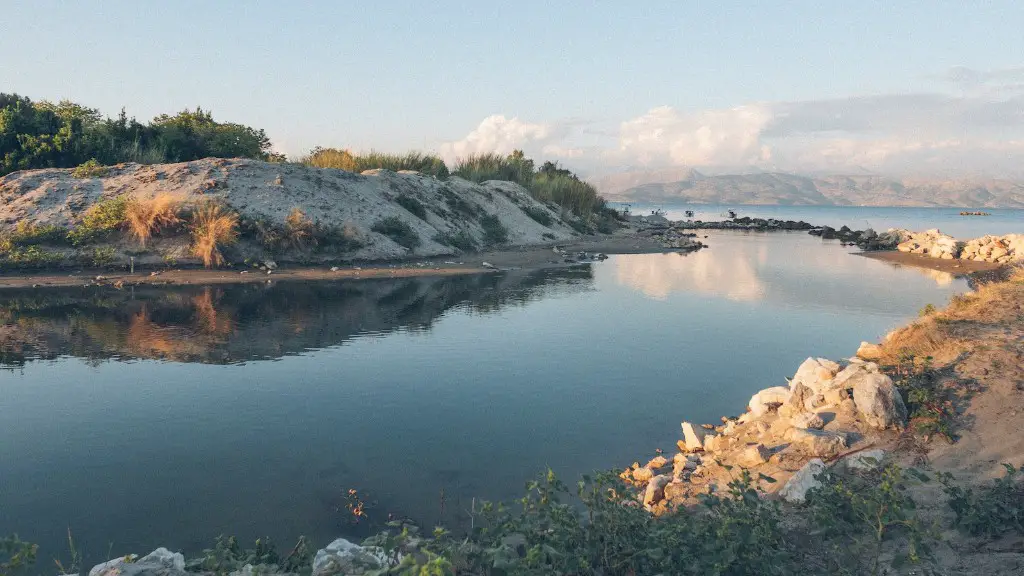How is the Mississippi River Important for Farming?
The Mississippi River has been a central part of agrarian life in the United States since the arrival of settlers in the 1600s. Today, the river still plays an important role in farming and other forms of land use as it provides access to valuable fertilizers and minerals, serves as a navigational aid for shipping and transportation, and provides a source of irrigation for crops.
Access to Fertilizers and Minerals
The Mississippi River is an important source of nutrients for the land surrounding it, providing invaluable fertilizer and minerals to farms, fields and gardens. These minerals and fertilizers are necessary for the growth of crops, particularly nutrient-dense vegetables, enabling farmers to maximize their yield. The abundant waters of the Mississippi also replenish the soil of important minerals, ensuring the soil is kept in prime condition for generations to come.
While the downstream part of the Mississippi River and its tributaries can be relatively polluted, careful husbandry and reliable management practices keep the upstream area relatively clean and suitable for agricultural use.
The Mississippi River provides a valuable navigational aid for the transportation of goods and services to and from the farms. Farming equipment, cattle, and other agricultural products are easily transported and shipped with the help of the Mississippi’s many tributaries, providing quick and cost-effective shipping access for farmers.
Ships also use the Mississippi River to travel between states and countries, providing a reliable stream of supplies and goods to many agricultural communities.
Irrigation
The Mississippi River is an important source of water for many farms, providing essential irrigation for crops. By diverting a portion of the river to irrigate fields, farmers are able to keep their soil moist and their crops healthy, allowing them to maximize their yield.
In addition, the water from the Mississippi helps to protect farms from floods and other weather-related disasters, providing additional security for those relying on the river for irrigation.
Economic Benefits
Not only is the Mississippi River an important resource for food production, but it also has considerable economic value. Many agricultural communities depend on the lucrative trade opportunities the river provides, enabling them to expand and become more profitable businesses.
Tourism is another benefit of the Mississippi River. Tourism brings much-needed money to rural areas, allowing farmers to invest in new equipment, technology, and crops and providing a useful source of income.
Conservation Awareness
The management of the Mississippi River is essential for sustained agricultural practices. As such, conservation efforts have become increasingly important, ensuring that the river remains suitable for agricultural use. By raising awareness of the importance of such efforts, more farmers are motivated to help keep the Mississippi River healthy and clean.
For example, the use of terracing, crop rotation and water-conserving irrigation methods help to slow down runoff from rainfall, preventing soil erosion and reducing the amount of agricultural waste that enters the river.
Importance in History
The Mississippi River is an important part of American history and culture. During the Civil War, the river was an important trade route for both Union and Confederate forces. In the 20th century, the river has also been an important source of inspiration for some of the country’s most beloved authors, including Mark Twain and William Faulkner.
Today, the Mississippi River is still an important part of the agricultural landscape. Its ability to provide nutrient-rich fertilizers and minerals, serve as a navigational aid, and provide a source of irrigation is a valuable asset to the many farmers and other land users who rely on it.
Impact on the Environment
The Mississippi River has had a profound effect on the environment surrounding it. As well as providing vital nutrients for farming, the river has also served as a major habitat for a variety of animal species. Many birds, fish and amphibians rely on the river for their daily sustenance and as a valuable source of shelter.
Consequently, environmental conservation is not just important for maintaining a healthy and viable farming industry, but also for preserving the rich varieties of life the Mississippi River has to offer.
Impact on Local Communities
The Mississippi River has a major impact on the lives of those who live near it, providing employment opportunities to countless people. Fishing, tourism, shipping and transportation are all industries that rely on the river and its tributaries, providing vital economic benefits to local communities.
The Mississippi River has also played an important role in the settlement of many areas around the United States, with towns and cities establishing themselves near the banks of the river, providing an important source of livelihood and culture for thousands of individuals.
Role in the US Economy
The Mississippi River is not only important for agriculture and local communities, but also for the United States economy as a whole. A vibrant agricultural sector is a vital part of any healthy economy, and the river plays an important part in maintaining this sector. Through providing access to valuable resources, providing employment opportunities and enabling efficient transportation, the Mississippi River is an indispensable part of the US economy.
Conclusion
The Mississippi River is an important part of the US agricultural industry, providing access to nutrient-rich fertilizers and minerals, serving as a navigational aid, and providing essential irrigation to nearby farms and fields. Its impact on environmental conservation, local communities and the entire US economy highlight its importance and prominence in American life.




